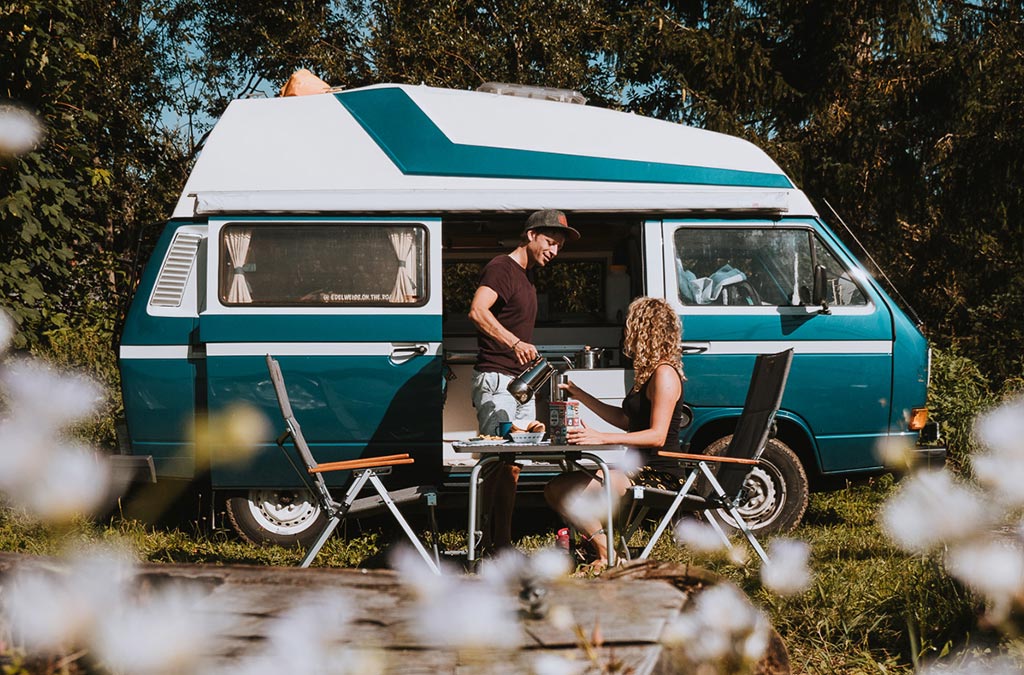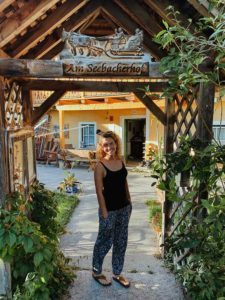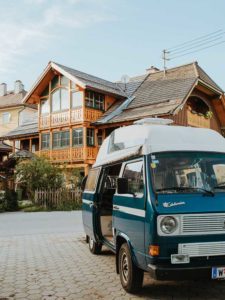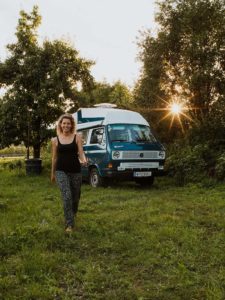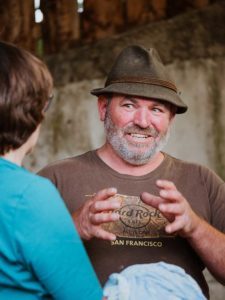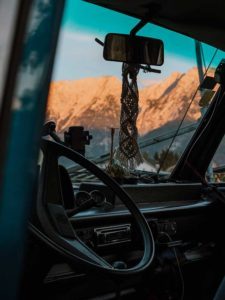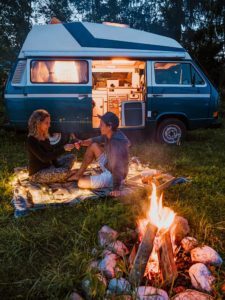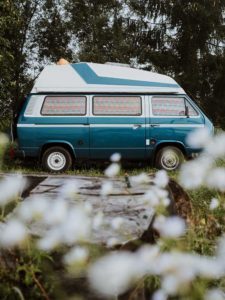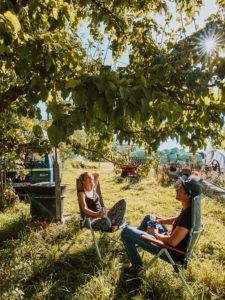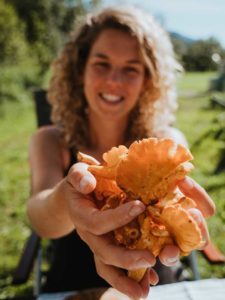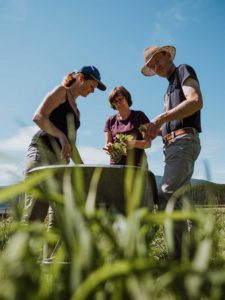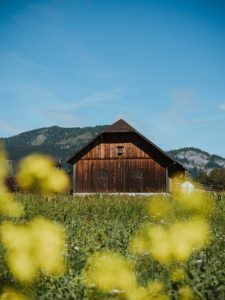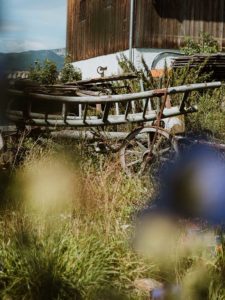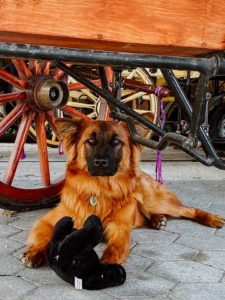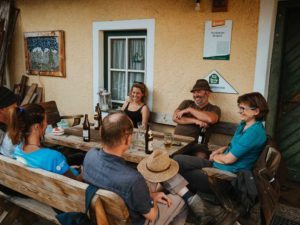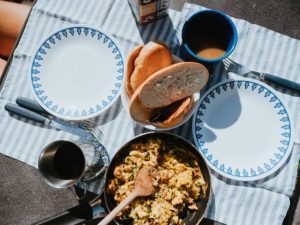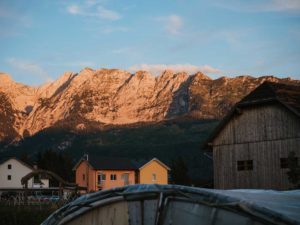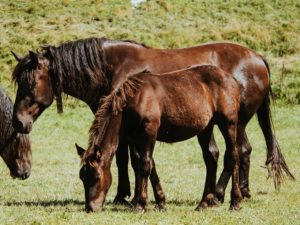Thomas and Regina report on their experiences:
For our first SAL check-in, we chose a very special farm: The Seebacherhof in Bad Mitterndorf in the Styrian Salzkammergut is an organically controlled Demeter farm. Here, machines and tractors are not used at all, harvesting is mostly done by hand, ploughing is done by the farm's own Noriker horses.
Farmer Rudl Seebacher wants to reduce the compaction of his soils by not using heavy agricultural machinery and thus preserve the humus layer. He is also keen to preserve and further develop knowledge about working with horses in agriculture.
Monocultures do not exist at Seebacherhof, nor do insecticides and pesticides. Herbs, flowers, rare vegetables and fruit grow wildly here. Here, weeds are called "side weeds" and are also tolerated.
We met many Wwoofers at the farm. They harvest vegetables, look after the farm and the animals and take care of the so-called Biokisterln. These wooden boxes are filled every week with the currently available vegetables, fruit, herbs and eggs and delivered to the customers in the region by horse-drawn carriage in a CO2-neutral way.
Farmer "Rudl" is a super-sympathetic person with an extremely positive attitude to life. After arriving by van, we were immediately warmly welcomed and (after a short tour of Edelweiss) invited to join the Wwoofers for beer and schnapps.
We had another interesting encounter with Paul, a craftsman on the move. A trained scaffolder, he travels for three years and one day on foot through Germany and Austria without a smartphone; with him he has only his traditional uniform and a few belongings. In keeping with our bus, he gave us two hand-carved wooden edelweisses as a talisman.
The pitch for us was in the rear, quiet part of the farm on a piece of meadow next to a gnarled fruit tree and a beehive. Not only did we have electricity, but also a campfire site with free firewood. For dinner, we strolled to the farm shop and stocked up on fresh vegetables (zucchini, onions, chanterelles, tomatoes, eggs) (concept: the farm shop is open 24 hours a day, the vegetables are weighed and the money is thrown into a box). We sat around the campfire for a long time that evening, ate vegetable stew and toasted with Rudl's schnapps to the great place and the many interesting encounters.
The next day (breakfast: egg dish with egg mushrooms from the farmland) we explored the farm a little more, watched the woofers picking apple mint and packing the organic cisterns, and marvelled at the beautiful workhorses in the pasture. Unfortunately, we didn't get to see them in action (the ground was still too wet for ploughing), but we'll certainly come by again.
Images © Thomas Hadiner @edelweiss.on.the.road
